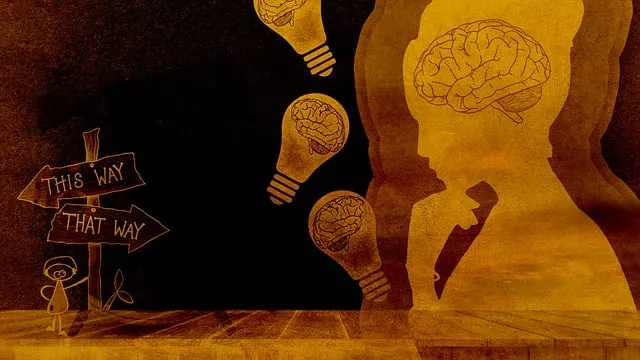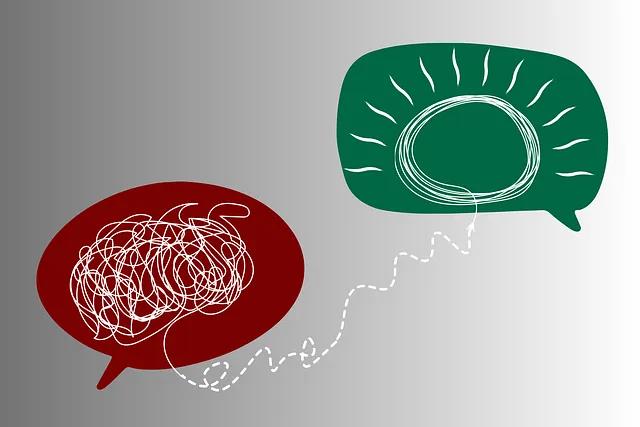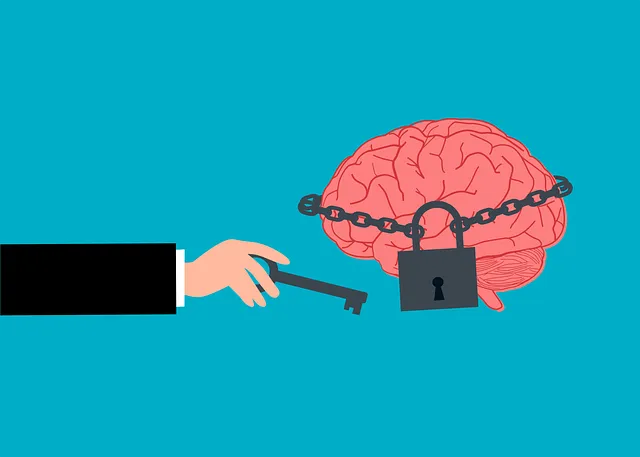The Kaiser Permanente behavioral health center Boulder offers holistic mental wellness through diverse group sessions led by trained professionals who employ evidence-based practices like Burnout Prevention Strategies, Compassion Cultivation, and Inner Strength Development. These sessions combine interactive discussions, mindfulness exercises, and skill-building workshops to empower participants with stress management tools, self-care techniques, and compassion cultivation skills. Effective communication, active listening, empathy, adaptability, and cultural sensitivity are crucial for facilitators who create safe, supportive environments. Measuring success involves assessing improvements in mental health, coping mechanisms, and overall well-being through surveys and qualitative methods, focusing on enhanced self-awareness, conflict resolution, and stress management.
“Mental wellness groups play a pivotal role in supportive care at Kaiser Permanente Behavioral Health Center Boulder, fostering community among individuals navigating similar challenges. This article delves into the art of group facilitation, exploring key techniques and strategies employed by professionals. From understanding group dynamics to implementing effective communication methods, we examine how facilitators create safe spaces. Additionally, we discuss measuring success through evaluation, ensuring positive impacts on members’ mental wellness journeys at Kaiser Permanente Boulder.”
- Understanding Mental Wellness Groups at Kaiser Permanente Behavioral Health Center Boulder
- Role of a Group Facilitator: Responsibilities and Skills Required
- Effective Communication Strategies for Facilitating Supportive Conversations
- Techniques to Foster Safe and Inclusive Group Environments
- Measuring Success: Evaluating the Impact of Mental Wellness Group Sessions
Understanding Mental Wellness Groups at Kaiser Permanente Behavioral Health Center Boulder

At Kaiser Permanente Behavioral Health Center Boulder, mental wellness groups play a pivotal role in supporting individuals navigating various challenges. These groups provide a safe and supportive environment where members can connect, share experiences, and gain insights from one another. Facilitated by trained professionals, sessions often incorporate evidence-based practices such as Burnout Prevention Strategies for Healthcare Providers, Compassion Cultivation Practices, and Inner Strength Development to promote healing and resilience.
The center’s commitment to holistic well-being is evident in its group facilitation techniques. Through interactive discussions, mindfulness exercises, and skill-building workshops, participants gain tools to manage stress, enhance self-care, and cultivate compassion. This nurturing approach ensures that individuals leave each session feeling empowered, equipped with new coping mechanisms, and inspired to continue their journey towards mental wellness.
Role of a Group Facilitator: Responsibilities and Skills Required

The role of a group facilitator at a Kaiser Permanente behavioral health center in Boulder is multifaceted and crucial. They are responsible for creating a safe, supportive, and engaging environment where individuals can connect, share experiences, and learn from one another. Facilitators must possess exceptional communication skills to guide discussions, ensuring every voice is heard and respected.
Key responsibilities include moderating group dynamics, facilitating open dialogue on sensitive topics, and teaching practical tools for managing mood, reducing anxiety, and fostering conflict resolution techniques. Successful facilitators are skilled in active listening, empathy, adaptability, and cultural sensitivity, enabling them to cater to the diverse needs of the group members. They play a vital role in promoting mental wellness by empowering individuals with coping strategies and fostering a sense of community within the group setting.
Effective Communication Strategies for Facilitating Supportive Conversations

Effective communication is a cornerstone of successful group facilitation, especially when fostering mental wellness at a Kaiser Permanente behavioral health center in Boulder. Facilitators play a vital role in creating a safe and supportive environment where individuals feel comfortable sharing their experiences and emotions. Active listening, for instance, allows facilitators to understand participants’ perspectives without judgment, encouraging honest dialogue.
Using open-ended questions during group sessions can prompt meaningful conversations, enabling emotional healing processes. Techniques like Mental Wellness Coaching Programs Development offer guidance on facilitating these discussions effectively. Additionally, incorporating exercises such as Mental Wellness Journaling can enhance self-reflection and provide individuals with tools to process their thoughts and feelings. This not only complements the group setting but also empowers participants to take control of their mental wellness journey.
Techniques to Foster Safe and Inclusive Group Environments

Creating a safe and inclusive group environment is paramount when facilitating mental wellness discussions at institutions like the Kaiser Permanente behavioral health center Boulder. Encouraging open dialogue begins with establishing ground rules that emphasize respect, confidentiality, and active listening. This fosters trust among participants, allowing them to share their experiences and perspectives freely.
Effective techniques for building a supportive atmosphere include promoting empathy through interactive activities and encouraging self-care routine development for better mental health. Facilitators should model active engagement by reflecting on shared stories, validating emotions, and offering constructive feedback. These strategies not only enhance group cohesion but also equip members with valuable empathy building strategies that can be applied in their daily lives.
Measuring Success: Evaluating the Impact of Mental Wellness Group Sessions

Measuring success is a vital aspect of facilitating effective mental wellness group sessions, particularly at renowned centers like the Kaiser Permanente behavioral health center in Boulder. Evaluating the impact goes beyond simple attendance; it involves assessing improvements in participants’ mental health, coping mechanisms, and overall well-being. One proven method is through pre-and post-session surveys, where individuals rate their stress levels, mood, and satisfaction with the group dynamics. These tools help identify areas of progress and potential challenges within the group setting.
Furthermore, tracking long-term outcomes through follow-up surveys can reveal sustained improvements in managing mental illness and reducing stigma. The Kaiser Permanente center might also employ qualitative methods like individual interviews or focus groups to gather insights into participants’ experiences and perceived benefits, such as enhanced self-awareness, improved conflict resolution techniques, and better stress management skills—all integral components of successful mental wellness group facilitation.
Mental wellness group facilitation plays a pivotal role in enhancing the well-being of individuals at the Kaiser Permanente Behavioral Health Center Boulder. By understanding the dynamics of these groups and employing effective communication strategies, facilitators can create safe, inclusive environments that foster meaningful connections and support. Through measured success evaluations, we can assess the profound impact these sessions have on participants’ mental health journeys. This structured approach ensures that group facilitation techniques remain a powerful tool within the healthcare system.






